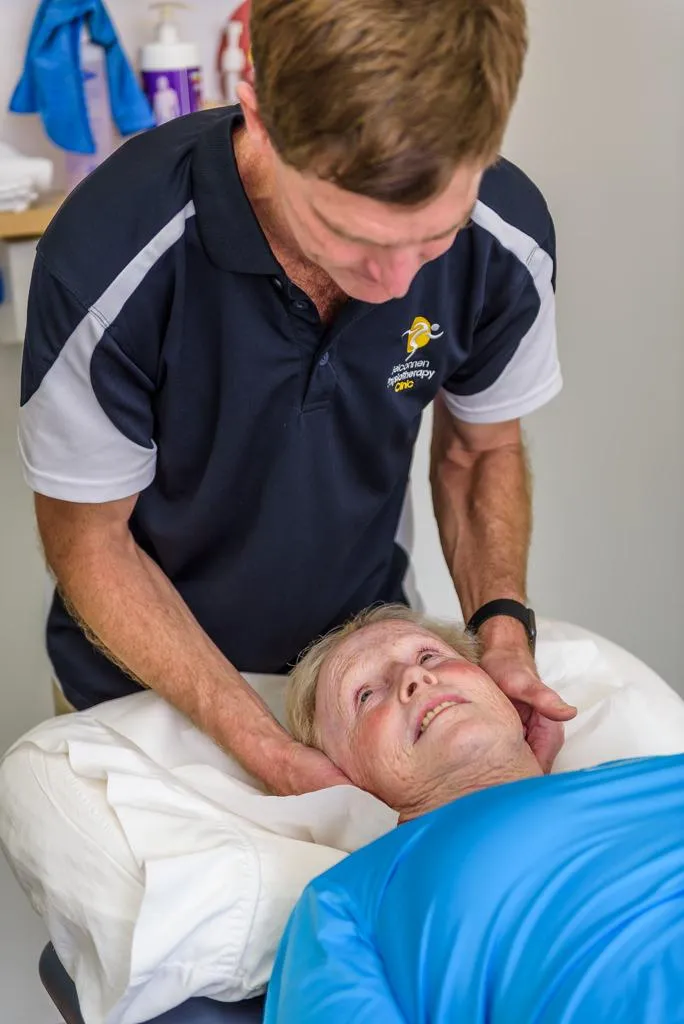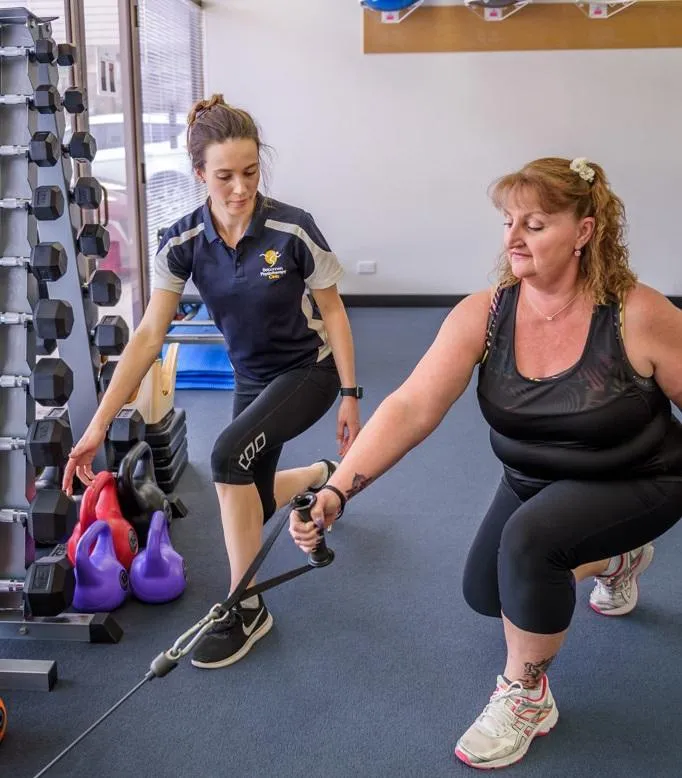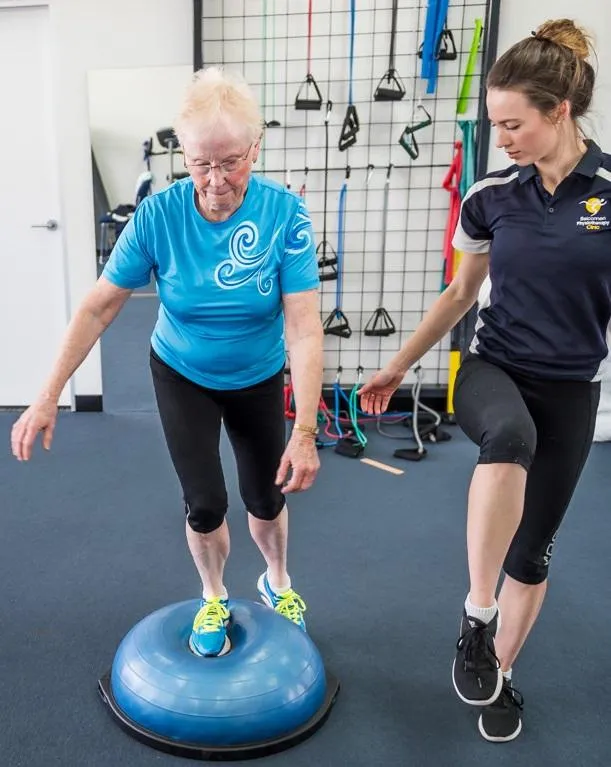Are You Looking For a Physiotherapist In Belconnen, Australian Capital Territory?
Why Book at Belconnen Physiotherapy Clinic?
Expert Care. Proven Results. Convenient Location.
When it comes to your health, you deserve the best and that’s exactly what we deliver.
At Belconnen Physiotherapy, we combine clinical expertise with genuine care to provide results-driven physiotherapy that puts you first.
Our experienced team doesn’t just treat symptoms, we pride ourselves on our pain to performance approach to client care where we take the time to understand the root cause of your pain and create a personalised plan to help you move better, feel stronger and get back to what you love. Our model is relieving symptoms, restoring function and improving your long term health.
Because it's not just about living longer—it's about living well. Prioritising your health span means staying active and independent for as many years as possible.
Make your health a priority and book an appointment with one of our expert physios and take the first step towards better health.

Our clinical team are experts in managing acute injuries and helping with recovery from longer-term movement problems. “Our philosophy is simple: We Care” and we've been doing that in Belconnen for more than 50 years.

What Sets Us Apart?
At Belconnen Physiotherapy clinic, we have been looking after Belconnen's injured people for more than 50 years.
All our clinicians are trained in managing hypermobility and Ehlers Danlos syndrome.
We use a whole person, long term approach to physical health and well-being.
We provide individualised clinical Pilates
Confused about your pain and not sure what to do?
Get clear, professional advice in our free downloadable information packs
Back Pain
Understand why back pain happens and how to help it
Shoulder Pain
Understand why shoulder pain happens and how to help it
Knee Pain
Understand why knee pain happens and how to help it
How Can We Help?
At Belconnen Physiotherapy we treat a wide range of conditions from everyday aches to complex injuries. Whether you're dealing with a recent injury or something that’s been nagging you for a while, our experienced physiotherapists can help you understand the cause and work towards lasting relief.
We commonly help clients with:
Back pain – from stiffness and postural strain to disc injuries and sciatica
Neck pain & headaches – including tension, whiplash and desk-related strain
Shoulder pain – such as rotator cuff issues, bursitis and frozen shoulder
Knee pain – from ligament injuries and arthritis to patellofemoral pain
Hip & pelvic pain – affecting movement, stability or sleep
Ankle & foot problems – including sprains, Achilles issues and plantar fasciitis
Post-surgical recovery – regain strength and mobility after orthopaedic surgery
Sports injuries – from sprains and strains to overuse injuries
Balance and dizziness issues – including BPPV and vestibular dysfunction

Contact us today to speak with our friendly team and find out how we can help you feel your best
Latest Tips and Advice
Clinical Pilates and Why It’s So Good for Recovery
Clinical Pilates supports recovery after surgery by improving strength, flexibility, and control. Visit our Belconnen Physiotherapy Clinic in Canberra to get started. ...more
Physiotherapy
December 03, 2025•4 min read
Why Pre-Surgery and Post-Surgery Rehab Is So Important for a Better Recovery
Physiotherapy before and after surgery helps speed recovery, reduce pain, and restore movement. Visit our Belconnen physiotherapy clinic in Canberra today. ...more
Physiotherapy
November 26, 2025•4 min read
Did You Know Physiotherapy Can Help with EDS and Hypermobility?
Physiotherapy can help manage EDS and HSD by improving strength, posture, and confidence. Visit our Belconnen Physiotherapy Clinic in Canberra. ...more
Physiotherapy
November 19, 2025•4 min read
5 Ways Physiotherapy Can Help You Recover from a Sports Injury
Discover 5 ways physiotherapy helps you recover from sports injuries, reduce pain, and prevent re-injury. Visit our Belconnen Physiotherapy Clinic today. ...more
Physiotherapy
November 12, 2025•4 min read
The Top Benefits of Physiotherapy at Belconnen Physiotherapy Clinic in Canberra
Discover the benefits of physiotherapy at Belconnen Physiotherapy Clinic for pain relief and recovery. ...more
Physiotherapy
August 03, 2025•2 min read




Belconnen Physiotherapy is powered by Vitala Health, a group of Allied Health Practices across New Zealand and Australia.
Vitala Health provides clinical solutions that supports clients health and lifestyle needs through best practice treatment, premium facilities, education and ongoing commitment to customer service. Learn more about Vitala Health


Follow Us
The Clinic
Common Conditions
Belconnen Physiotherapy Clinic
© Copyright 2025 Belconnen Physiotherapy Clinic. All Rights Reserved.

Facebook
Instagram